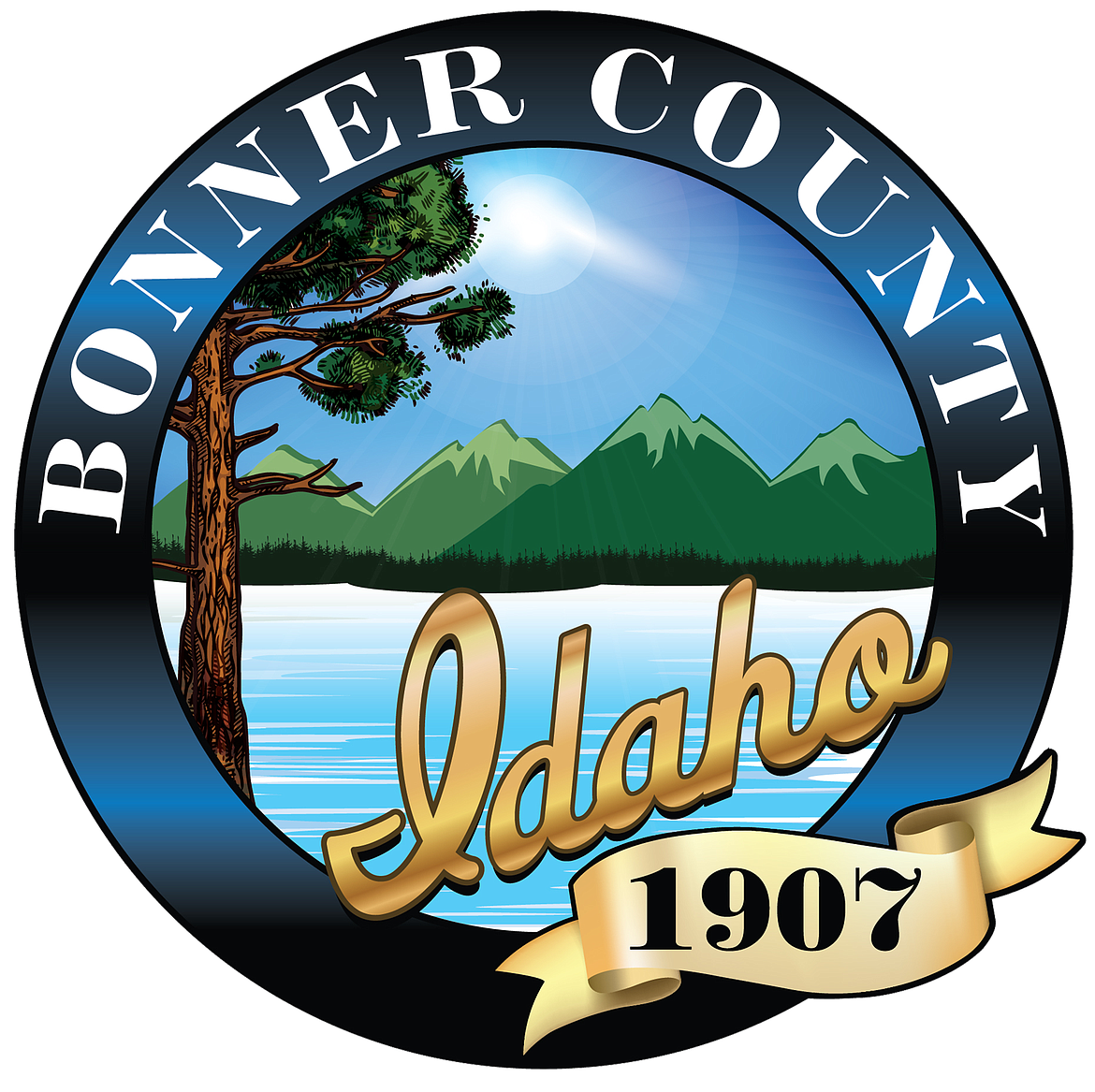Land management focus of recent 'Chat'
Land management, mining laws and more were among the topics covered under a May 17 Commissioner Chat featuring Dave Brown from Idaho Department of Lands.
Commissioner Asia Williams, who hosts the weekly chats prior to the start of the Board of County Commissioners weekly business meetings, started off the chat asking Brown how the public could participate in IDL decisions. Meetings are open to the public and held at the IDL office and the public can reach out to be on the agendas if they have an issue they want addressed.
The chat continued on with a mix of questions from the public and from Williams. Brown discussed burn permits and talked about how Bonner County is one of the driest counties in Idaho and therefore struggles in the summer months with wildfires. He talked about the importance of knowing how to maintain fires and calling in bigger, out-of-control fires to 911. Brown noted the local University of Idaho Extension office has a lot of good-to-know information on fires and fire safety.
Also a topic of discussion was reclamation in mining areas and what kind of regulations IDL has in place. Brown responded to the question by Jonna Plante by detailing that, because mining projects take so long, there are not many reclamation projects to be had; however, there are numerous plans and regulations in place. Brown added that when mining projects are permitted, they are required to have insurance and bonding.
“Mining laws are very historical and IDL gets involved following those laws,” Brown said. “There is a plan set up whenever someone starts to mine and we are left to that person telling us when it is complete."
Brown said the agency keeps tabs on the projects but noted some are on private property and IDL regulates them.
“Whenever the miner is moving towards completion, that’s when the reclamation period comes in,” he added. “IDL verifies if there are funds for reclamation. While the mining is going on there is insurance and bonds that they need to adhere to so we [IDL] are looking to see that they have the proper insurance and bonding in place for their operation and then once they are complete, that’s when the reclamation plan comes into play.”
Regarding the process of regulations that come with non-compliance of reclamation, Williams asked Brown about the power the agency has regarding such instances.
Brown explained that the bureaus in Boise and Coeur d’Alene are the people who get involved when a reclamation project goes bad. Then, in local cases, the IDL’s office in Bonner County follows the direction of attorneys and the Land Board of what it should do.
One audience member at the chat brought up a concern to have an endowment land right next to her property sold out from underneath her. Brown resolved her worry by stating that the property could “not necessarily” be sold.
“Anyone can go in and fill out an application off our website on the real estate side of things for the leasing and purchase, or trade, of lands. Right now IDL has been in the acquisition mode, we’ve been directed to focus on looking for lands that are timber, ag[riculture], ground, to boost our land base. But, there are parcels, especially when we start looking at some of these smaller parcels … that, if they’re not meeting our hurdle rates for return on investment then we do look at those parcels for disposal. Then some of it, it may just be management. If it becomes a headache and it’s costing the endowment money, we may look at getting rid of it as well.”
Brown also stated that, if you are looking for properties, you can look at the IDL website to see what is for sale and then an oral auction is held.
Williams followed this comment up with a question, asking Brown why IDL “holds on” to small parcels of land such as a five-acre strip along the highway or a small piece in between one landowner and another.
“What’s the reason IDL holds on to land like that when it doesn’t seem like it serves a purpose to the community or something bigger like you were talking about?”
Brown responded. “Well some of it was just the land that we were given or the land that we traded into at some point of time. Whenever you look at those 5 acres, those small parcels, a lot of times, as much as we would like to dispose of them, they don’t rank very high on the disposal list, you might say. Ultimately, the government side of us, we have projects in front of us and the Land Board is dealing with stuff, and our attorneys are involved in these processes of disposal and so that’s what they’re focused on, a lot of large projects.”
The community chats are hosted at the Bonner County Admin building and streamed on the Bonner County YouTube channel.

